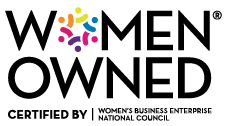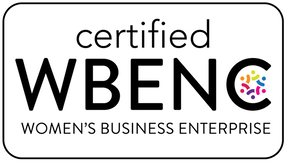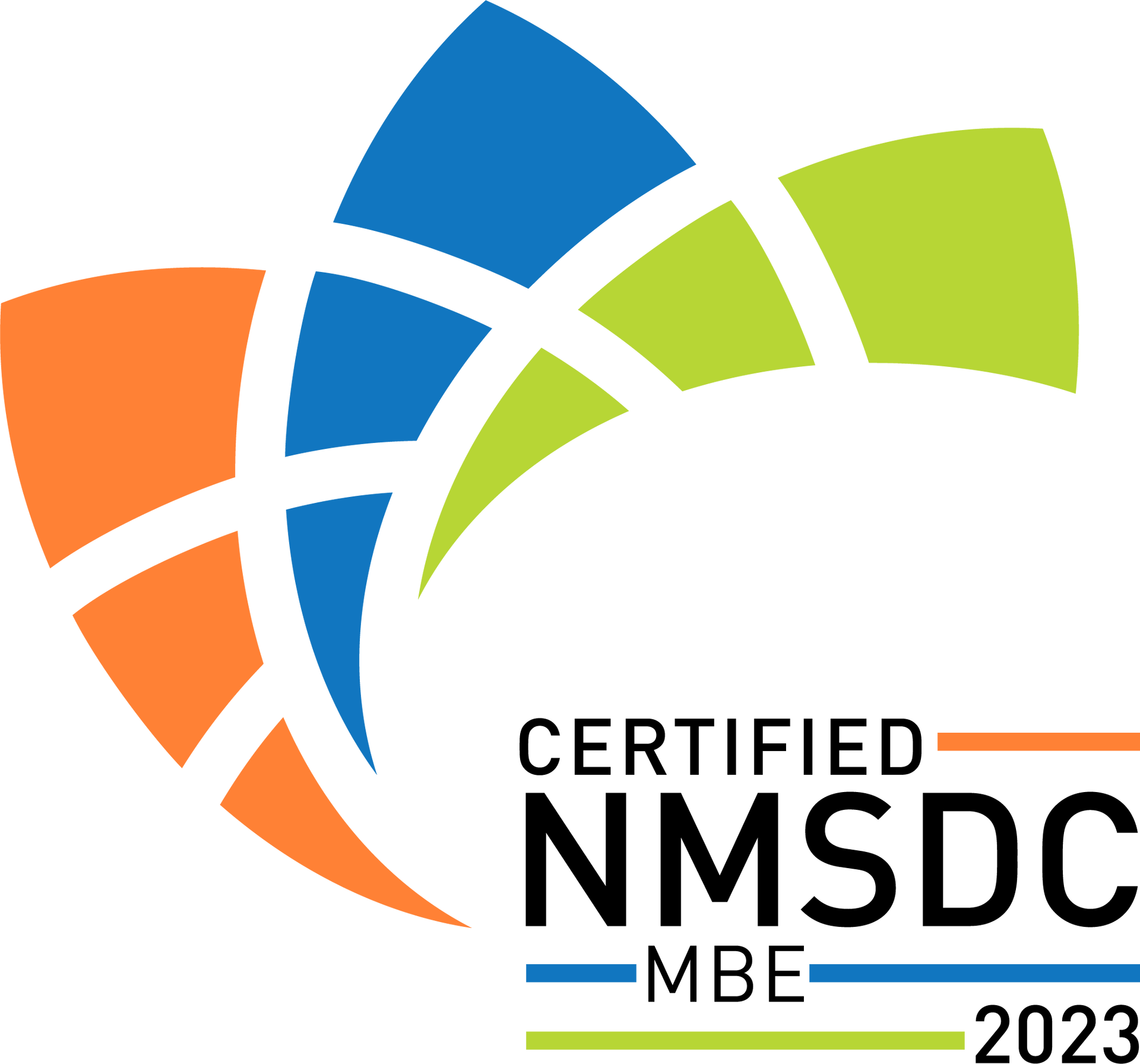The ‘Pay-It-Forward’ Mentality
On May 19th, billionaire Robert F. Smith shocked the world (including me), by announcing in his speech to Morehouse’s graduating class of 2019 that he would pay off all of their student debt. The audience went crazy, and the video of the speech went viral, for good reason. We live in a country where getting an education often equates to lifelong debt. This debt is essentially treated as a given, because to get a decent paying job you are required to have a degree; thus, the cycle of debt perpetuates itself. For Smith to eliminate a total of 40 million dollars in debt for these young, educated black men and their parents made me breathe a sigh of relief. All Smith asked in return was for these bright, curious young leaders of the next generation to “pay it forward.” That phrase got me thinking. What if we lived in a society in which everyone had the ‘pay it forward’ mentality, like Smith? How can 'pay it forward' initiatives be best utilized as it applies to diversity and inclusion in the workplace?
You may not be the richest Black man in America, like Robert Smith, but I cannot stress enough how important it is to use your wealth to pay it forward and uplift others. It may not be billionaire type bucks—maybe it’s not money at all. You could be giving back through your skills, your education, your expertise or some good ole’ life lessons learned to enrich the life of someone else. When I first started recruiting some twenty years ago, there was a bridge between the more seasoned employees and their younger colleagues. Mentorship was alive and well. It was a given that the employees who ‘knew the ropes’ would show them to new employees as a way of initiation into the club/company.
Of course, while that ‘club’ was usually the old boys club, composed entirely of white men and lacking all things diverse, the value of camaraderie is still undeniable, and has helped generations of young male employees come into their own. As I often say, I don’t believe in throwing the baby out with the bath water, and I think that the closeness that was nurtured and perpetuated in the old boys club is still admirable and should be extracted and replicated within more inclusive, diverse spaces. Mature, wise employees should give a helping hand to new colleagues, especially diverse and female employees at senior levels. I know that there are so few of us, especially in C-Suite, but that just means all the most incentive to ‘pay our success and knowledge forward’ in order to uplift the next generation of colleagues. At the end of the day, those in charge have the ultimate say as to where diversity and inclusion lies within their companies, but it is all of our duties to try and bridge that gap in whatever ways we can. Luckily, this sentiment is growing in awareness and popularity: in 2015, Slack CEO Stewart Butterfield co-authored his company’s inaugural diversity report and put forward the claim that hiring diverse candidates by itself isn’t enough, but that cultural change also requires the creation of role models and mentors, visible examples of the values companies are trying to embody. Similarly, Jennifer Hyman, CEO and co-founder of Rent the Runway, says that female entrepreneurs need more than just mentors who share advice; they need ‘champions’ who will advocate on their behalf and help them advance their careers. Teaching tolerance and inclusion requires that we, as leaders, find our voices and use them on behalf of others. This is what it means to ‘pay it forward.’
We all have to do our part to not only raise ourselves up, but to then extend a helping hand towards those who still need empowerment. It’s the right thing to do, not just in a moral sense, but also for company growth. Everyone deserves to be shown the ropes and given the support they need to become the best versions of themselves. We must all do our part like Smith to pay it forward by using our expertise, network and skills to enrich the lives of others.
We are better together!
I AM someone who sees incredible potential in places most people don't think to look. As an owner of a diversity staffing boutique, my team and I walk alongside our Clients in creating professional environments that are truly for ALL. I believe in our interconnectedness as a human race and strive every day to use my gifts to empower the workplace’s invisible and powerless. I rarely bet on certainty and always root for the underdog because, after all, those are the best stories to tell.
Hi there! Thanks for reading! Follow Angela Solomon on her social profiles! | LinkedIn: /ASolomonRecruits | Facebook: @ASolomonRecruits | Instagram: @A.SolomonRecruits | Twitter: @AS_Recruits | Pinterest: @AS_Recruits


EXPLORE OUR SITE
All Rights Reserved | A. Solomon Recruits




